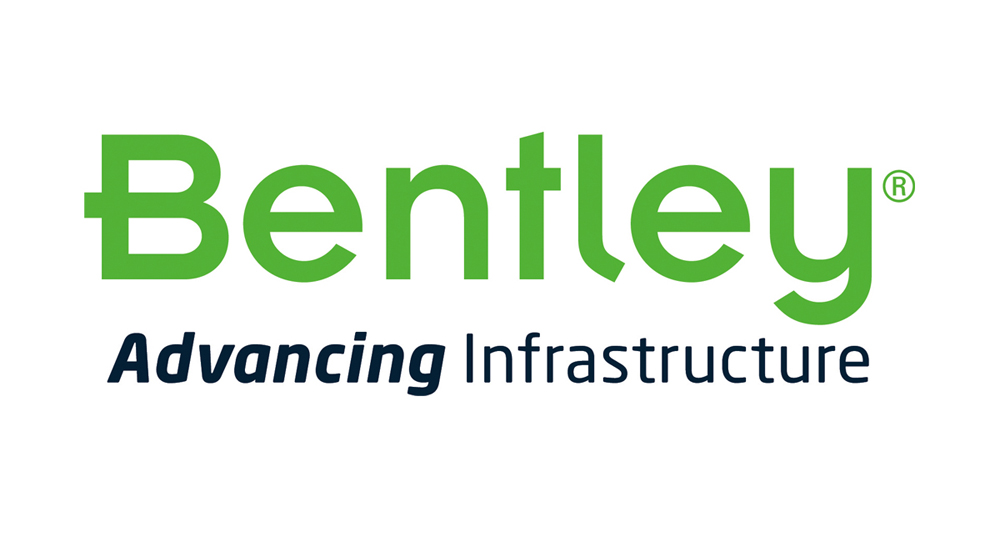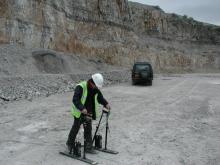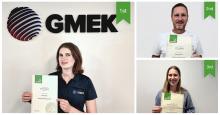
Bentley Systems is intending to expand its range of capabilities with a massive acquisition move. The firm is entering into an agreement worth US$1.05 billion to acquire software firm Seequent.
The deal is both significant and substantial with Seequent recognised as a leader in the field of 3D modelling software. The move with vastly expand Bentley’s capabilities for infrastructure digital twins.
The purchased deal includes $900 million in cash, subject to adjustment, plus 3,141,361 BSY Class B shares. With this move, Bentley will add expertise in software for geological and geophysical modelling, geotechnical stability, and cloud services for geodata management, visibility, and collaboration.
The acquisition of Seequent is expected to initially add approximately 10% to each of Bentley Systems’ key financial metrics (ARR, annual revenue, and EBITDA) and is expected to boost Bentley’s organic growth rate. Most significantly, the combination will deepen the potential of infrastructure digital twins to help understand and mitigate environmental risks, advancing resilience and sustainability.
Upon closing, Seequent will operate as a stand-alone Bentley subsidiary, with Seequent’s current COO Graham Grant, succeeding its retiring CEO Shaun Maloney, reporting to Bentley’s chief product officer, Nicholas Cumins.
The addition of Seequent will now make it possible for infrastructure digital twins to reach full subsurface depths, augmenting environmental resilience against flood, seismic, climate, and water security threats.
Seequent first applied implicit modelling technology to geological science more than 15 years ago, using mathematical tools to derive and visualise 3D geological models from measured data and user interpretation. This software advancement caused a “leapfrogging” paradigm shift in the understanding of the earth’s subsurface and has been increasingly adopted by geoscientists and researchers around the world to uncover and visualize valuable insights about environmental conditions and challenges.
Seequent’s products include Leapfrog, its leading product for 3D geological modeling and visualization, Geosoft for 3D earth modeling and geoscience data management, and GeoStudio for geotechnical slope stability and deformation modeling. Bentley’s complementary geotechnical engineering software portfolio, including PLAXIS, gINT, and OpenGround, will be integrated in due course to support open digital workflows from borehole and drillhole data to geological models and geotechnical analysis applications.
The mining industry, with its economic sensitivity and environmental responsibilities, was the first and fastest to adopt 3D earth modeling, superseding traditional 2D processes to speed and improve decision cycles. A mine is at once a never-ending and continuously changing infrastructure construction project, and a valuable and environmentally critical infrastructure asset. Seequent recognized the potential, for ALL major infrastructure engineering projects and assets, to likewise “leapfrog” traditional 2D subsurface modeling and simulation processes. Leapfrog’s usage, often in conjunction with Bentley’s software offerings, has been growing consistently in civil infrastructure sectors.
The integration of Bentley’s and Seequent’s solutions, for deeper infrastructure digital twins, can contribute a multiplied “ESG handprint” to improve the world’s environment while improving the world’s economies. While Seequent’s products aren’t appreciably used in oil and gas exploration or production—which is served by its own dedicated industry of specialized geophysical software—imperatives for energy transition present new opportunities, even beyond the expansion of mining to produce the materials needed for widespread electrification. Seequent is a leader in 3D modeling for geothermal energy sources, and its software and cloud services provide the important geosciences context for water resources simulations and environmental engineering.
Bentley’s CFO David Hollister said, “The transaction is expected to close in Q2, with the cash consideration settled via a combination of cash on hand and availability under our undrawn $850 million revolving credit facility. We expect Seequent to contribute in excess of $80 million to our ARR during this year. Seequent impressively has a historical and current organic revenue growth rate which, coupled with an operating margin profile similar to ours, makes Seequent accretive to our financial model. Our financing of this transaction is facilitated by having issued, earlier this year, $690 million in convertible debt, due 2026. Our deleveraging target—to reduce our total net leverage multiple of Adjusted EBITDA from under 4.0x post-closing, to about 2.5x over the next two years—could be accelerated by any future equity offerings.”






